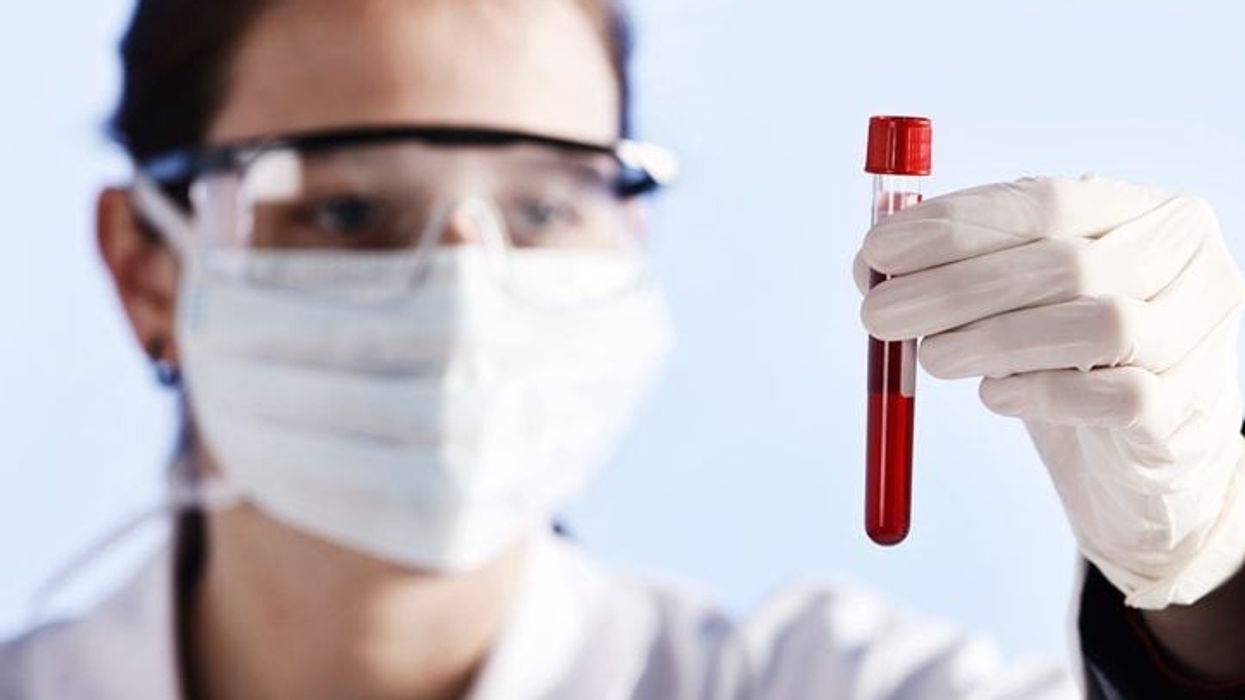A major NHS trial has shown promising results for a blood test that can detect over 50 types of cancer, researchers from Oxford University said.
According to media reports, the test accurately identified two-thirds of cancers among 5,000 individuals who had visited their GP with suspected symptoms in England or Wales. It also successfully identified the original site of cancer in 85 per cent of positive cases.
The Galleri test examines genetic code fragments leaked from various cancers to identify distinct changes.
Detecting treatable cancer at an early stage can potentially save lives.
Although the test is still a "work in progress," the researchers believe it has the potential to increase the number of identified cancers.
Professor Mark Middleton, who led the trial, said the test could aid in identifying individuals who require cancer testing, but who are not urgently referred by their GPs.
Additionally, it could expedite diagnosis in cases where the appropriate rapid diagnostic pathway is uncertain.
The NHS has been using the Galleri test on asymptomatic individuals to detect hidden cancers, with initial results expected next year.
If successful, the NHS plans to expand the rollout to an additional one million people in 2024 and 2025.
The test demonstrates particular effectiveness in detecting hard-to-spot cancers like head and neck, bowel, lung, pancreatic, and throat cancers, the BBC said.
However, according to Dr David Crosby from Cancer Research UK, further research is needed to determine its potential for improving GP assessments and patient outcomes.
The study's findings will be presented at the American Society of Clinical Oncology conference in Chicago between June 2-6, 2023.




